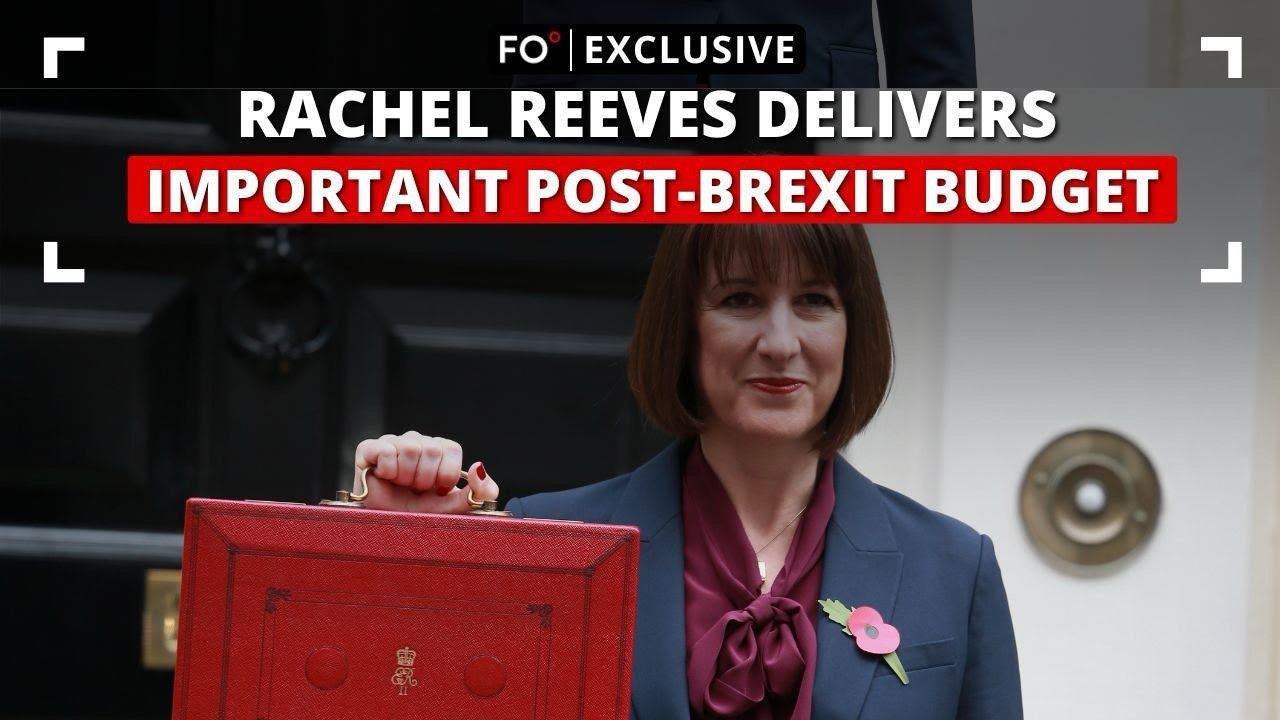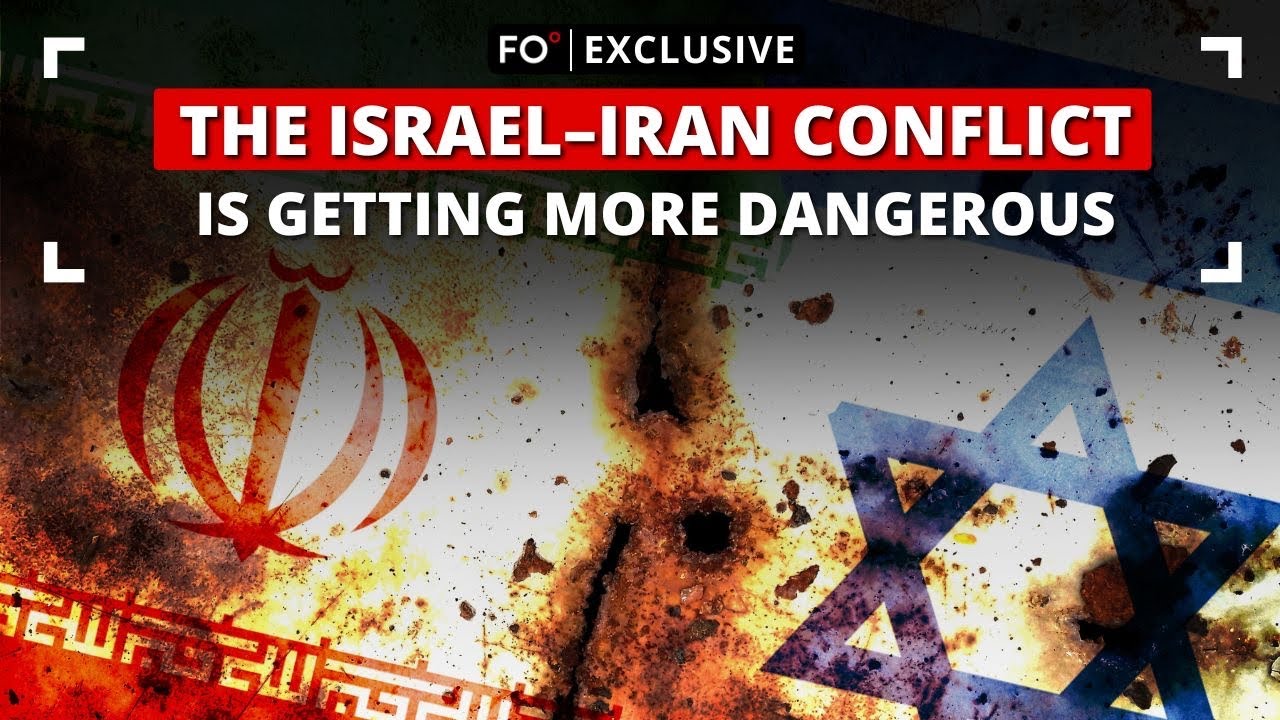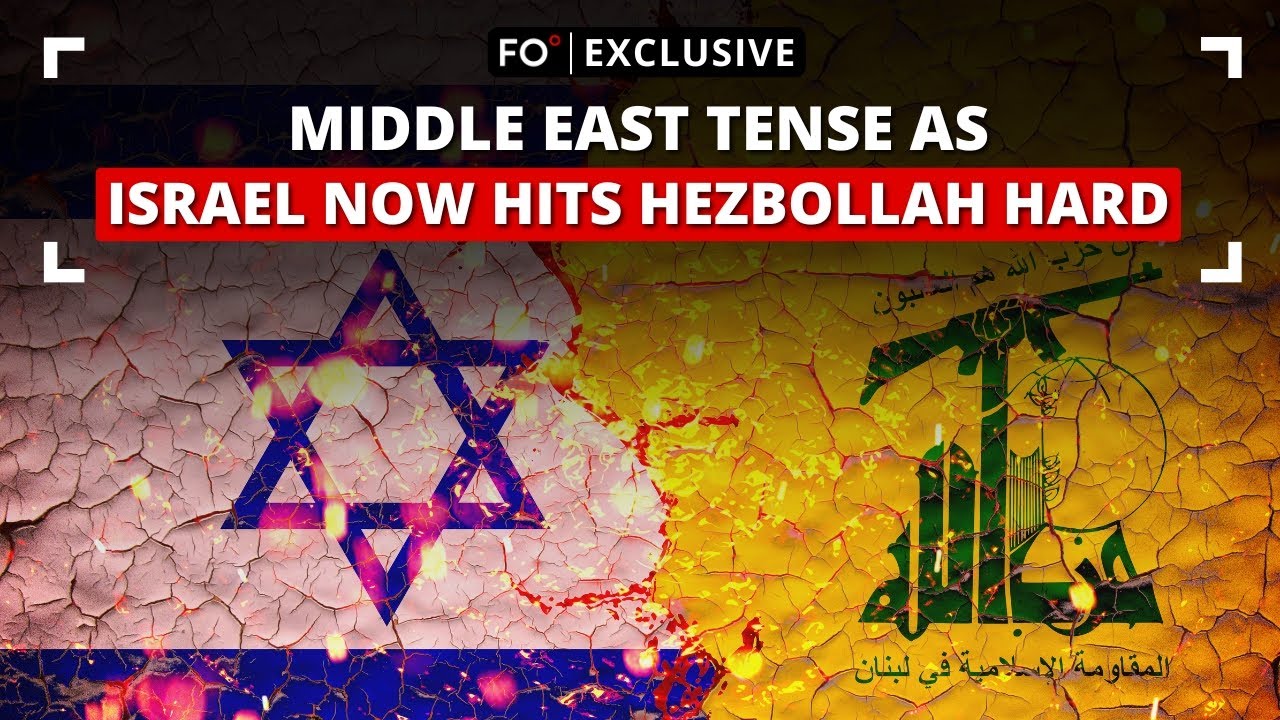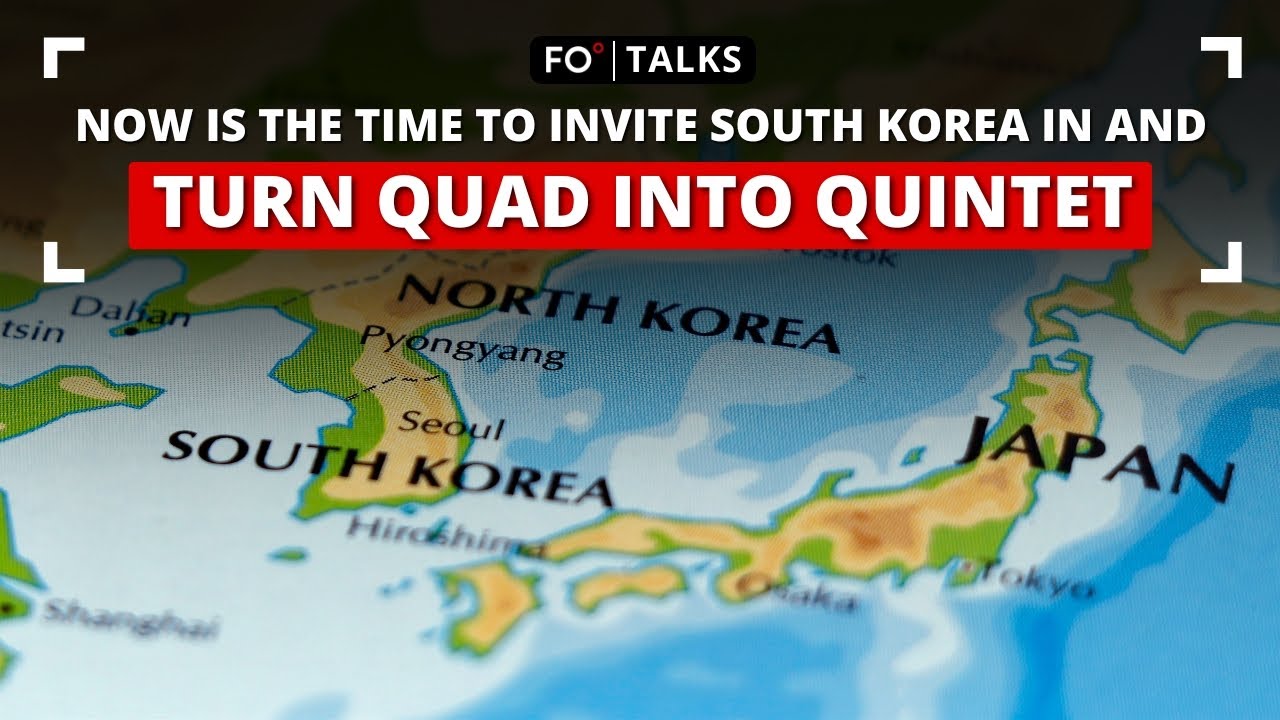James M. Dorsey is an award-winning journalist and commentator on foreign affairs who has covered ethnic and religious conflict and terrorism across the globe for more than three decades. Over his career, James served as a foreign correspondent for, among others, The Wall Street Journal, The New York Times, The Christian Science Monitor and UPI in the Middle East, Europe, Africa, Central America and the US. He is currently a senior fellow at the S. Rajaratnam School of International Studies at Nanyang Technological University in Singapore and the author of the blog, "The Turbulent World of Middle East Soccer."
James will be speaking about the forthcoming FIFA World Cup. Many see 2022 as Qatar's year to put its best foot forward. A major producer of natural gas, the tiny Gulf state is under the magnifying glass as it enters the final phase of hosting the World Cup. At the same time, Qatar is integral to European efforts to reduce dependence on Russian energy. All in all, Qatar has, in many ways, already put its best foot forward.
This Gulf state, home to Al Jazeera, has already weathered a Saudi-Emirati economic and diplomatic boycott. Qatar has also played a key role in helping the US withdraw from Afghanistan. Nevertheless, human rights groups view the World Cup as an opportunity to increase pressure on Qatar to address their concerns.
The World Cup is an opportunity not only for activists but also for Qatar. If it avoid the pitfalls, the country can present itself in a positive light on a range of issues and project itself as a force for good to the world.































Comment